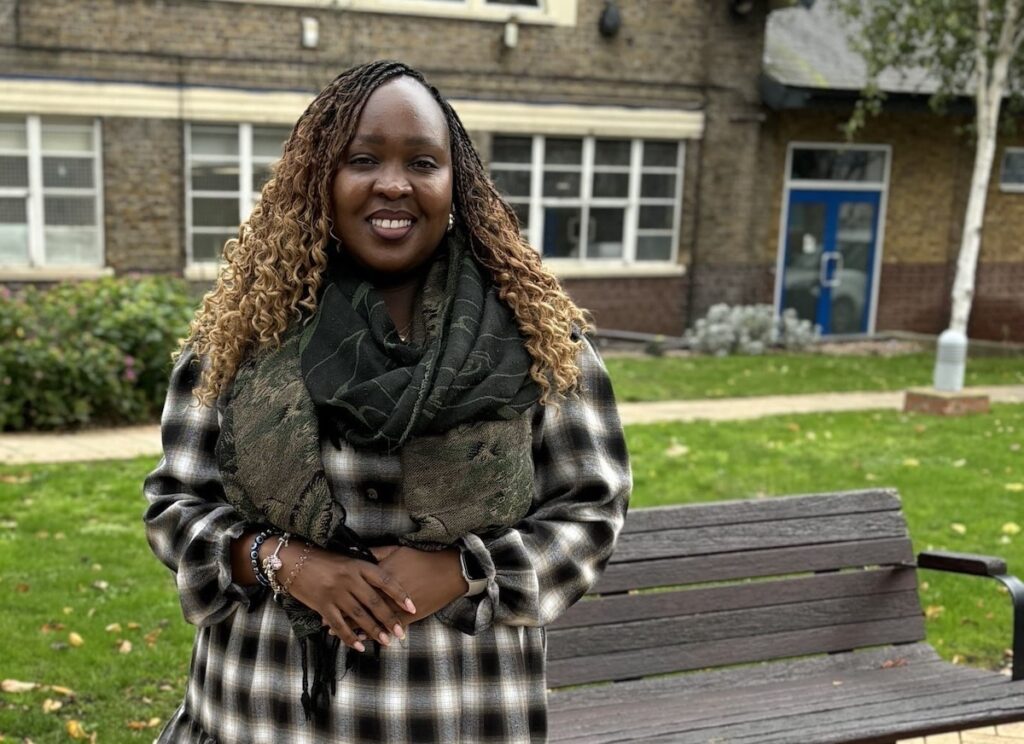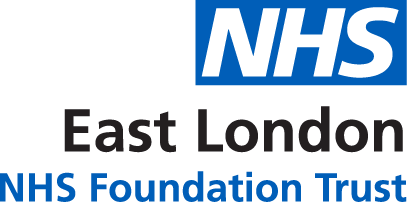Creating a Sense of Belonging and Identity

Annabelle Lambourn, Intensive Support Team Manager, Tower Hamlets Learning Disabilities, Newham and Hackney, discusses her role as Race and Culture Equity (RaCE) Staff Network Lead.
Why does ELFT need the network?
It cultivates a space for staff to have a sense of belonging, a sense of identity. It also provides a space for us to come together, for staff to share lived experiences, to share their own narratives.
I think it's really important for staff to have a place where they feel seen and heard. And also in the network space, we like to create psychological safety so enabling people to come in to feel safe, to be able to advocate for themselves create allyship within the network space as well. And also on a wider level, all the work we do within the network feeds into the wider Trust strategy in terms of staff experience and wellbeing.
Who is it for?
The RaCE Network is for everyone and I really advocate that people should join the network as a source of coming together, sharing learning, cultivating and thinking about where we hold collaboration and co-production within that as well.
Initially the RaCE Network, which previously used to be referred to as the BAME Network, was cultivated for staff of the global majority, however, we recognise as a network that we can't do that work in isolation and it's really key that we also have our white colleagues, our counterparts, our allies join up to that conversation within the RaCE network space.
What changes within the Trust have been made because of the network?
I think the work within the EDI (equality, diversity and inclusion) platform continues to be something that we really aspire to within ELFT.
Within the network space I think creating those monthly spaces for staff to come in, whether it’s a webinar space, a food for thought discussion. We partner up with our other networks as well and also there's an opportunity to hear from our leaders and our exec sponsorship in terms of how all the work within the network space feeds into the wider Trust organisation in terms of thinking around, 'What is the lessons learnt when we're talking about difficult, courageous conversations?' - especially around discrimination, harm and racism.
Having more courageous conversations within the staffing space so thinking around how we use supervision to support staff appraisals, offering the career progression conversation as well has led through to more creative conversations around what people might want and aspire (to) in terms of future roles within the Trust.
I think also holding the staff narrative around getting feedback. Getting feedback from front line staff in terms of what the organisation should be doing, in terms of creating a much more cohesive and inclusive culture within ELFT.
How does the Trust support you to balance your ‘day job’ and role as network lead?
I think for myself personally, the network role goes beyond a 9-5 for myself.
As an individual, I think it’s a space that we should be so proud of within the network. I do have a four-day clinical role, so I think balancing the priorities of what the day job needs to be against what the network requires is something that forces me to be really raw with time management thinking about my own priorities, in terms of which spaces I go to, but also in saying that, I do have my partner allies that support me within the network space.
I get really good supervision and mentorship from Edwin Ndlovu, who's our Exec Sponsor for the RaCE Network. And also an opportunity to tap in within the EDI space so Juliana (Ansah) also affords me a space to be able to bounce off ideas, get mentoring through that space as well. And also linking in with my other network leads as well.
What is the best thing about the network/role?
I think one of our biggest, kind of A-HA moments, is when we had our staff conference last year and we had a wonderful guest speaker, people might know her, Michelle Cox, who supported and also is part of our network affiliate, in terms of supporting the work around EDI.
And Michelle gave a talk about her lived experience in taking NHS England to tribunal, winning her tribunal case against racial discrimination and prejudice within working in the NHS. I think that's a piece of work that we should be so proud of. Michelle continues to be an ally of the network, and there's so much learning around 'What is it that we do when we hear staffs experiences?'
We continue to see the data come through, EDI, staff surveys but actually what is the ground work that we're doing to make sure that those staff experiences change from what they currently are at the moment?
